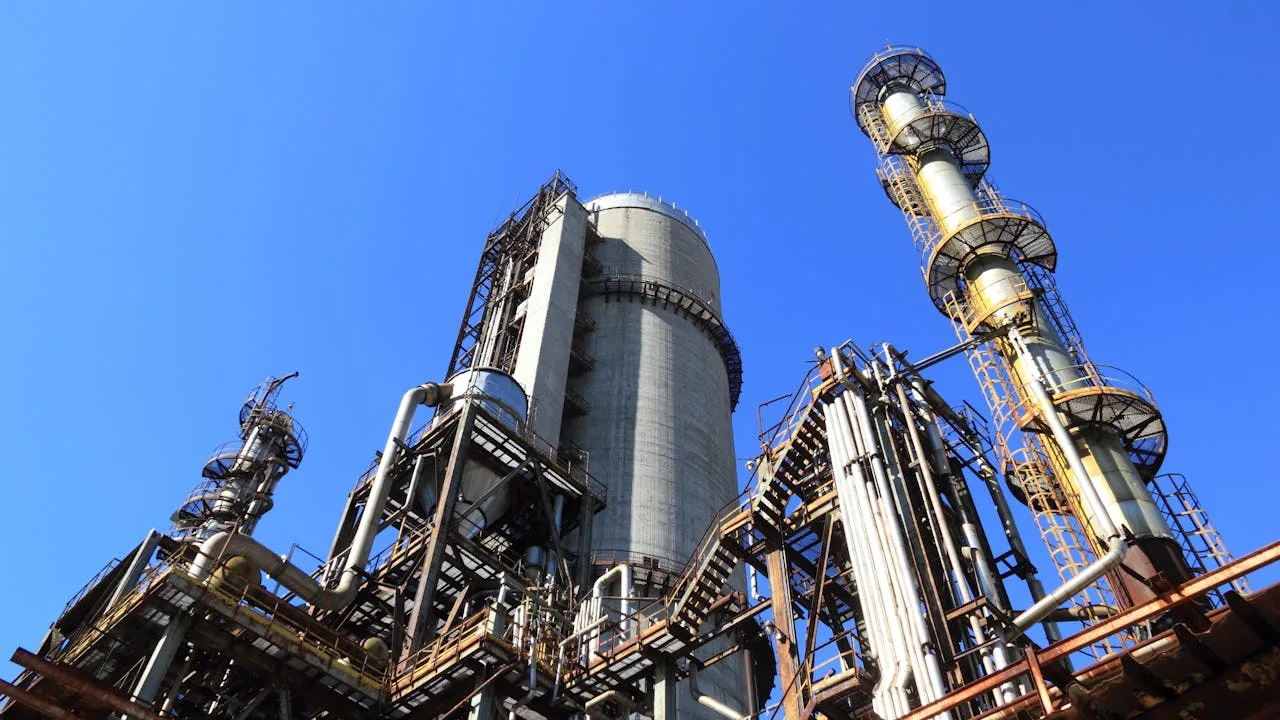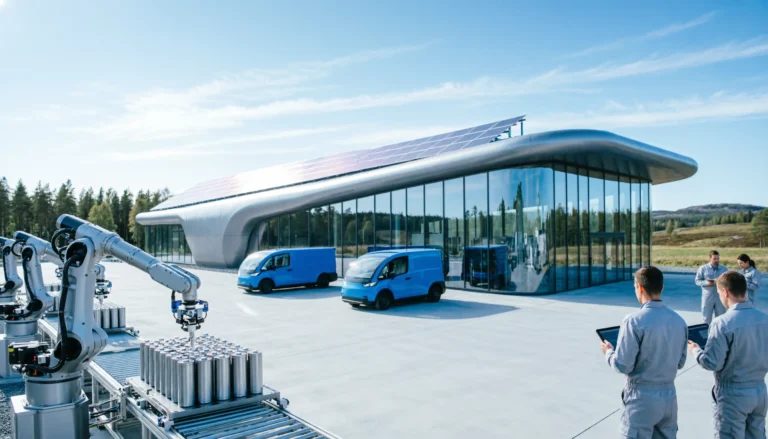
Transition Industries announced this week an expansion of its commitment to support the long-term socioeconomic development of the Ahome Municipality in Sinaloa, Mexico, where its Pacifico Mexinol project—a 6,145 metric ton per day ultra-low carbon methanol production facility—is set to begin operations in 2028. As part of this initiative, the company has entered into a cooperation agreement with the Autonomous University of Sinaloa (UAS) to engage local academic experts in economic research.
Dr. César Parra, Vice-Rector of the Northern Zone at UAS, highlighted the importance of such partnerships, stating, “These types of agreements with businesses are of vital importance since the knowledge acquired in university classrooms can be applied in the field, bringing great advances in research and technology to the region.”
Dr. Mario Nieves, Director of Research and Postgraduate Studies at UAS, added, “These agreements help fill the need for researchers to transform their knowledge into tangible solutions for society.”
This collaboration with UAS follows a two-year engagement with the Autonomous Indigenous University of Mexico (UAIM) in Los Mochis, Ahome, where UAIM social scientists have been conducting Community Participatory Studies across nine local communities near the future Pacifico Mexinol site.
The Center for Investment and Trade (CIT) and the Council for Economic Development of Sinaloa (CODESIN), under the guidance of Sinaloa’s Secretary of Economy, Javier Gaxiola Coppel, have played a crucial role in facilitating these and other public-private partnerships.
Karin Nunan, Director of Corporate Affairs at Transition Industries, remarked, “At Transition Industries, we are committed to balancing the energy transition with social and economic development. We aspire for our Pacifico Mexinol project to be a global example of how multi-party dialogue can create shared value for business, academia, communities, and government.”
Additionally, Transition Industries has been collaborating with the Women’s Secretariat of the Municipality of Ahome to promote gender equality and diversity.
Servando Bojórquez, Community Relations Manager for Pacifico Mexinol, emphasized the project’s holistic approach: “Working with academic institutions and local leaders ensures we are not just generating future jobs and opportunities but also promoting social well-being, including for vulnerable groups.”
Pacifico Mexinol, a joint venture between Transition Industries and the International Finance Corporation (IFC) of the World Bank Group, aims to become the world’s largest single ultra-low carbon chemicals facility. When operational in 2028, it is expected to produce approximately 350,000 metric tons of green methanol and 1.8 million metric tons of blue methanol annually, utilizing natural gas with carbon capture technology.



